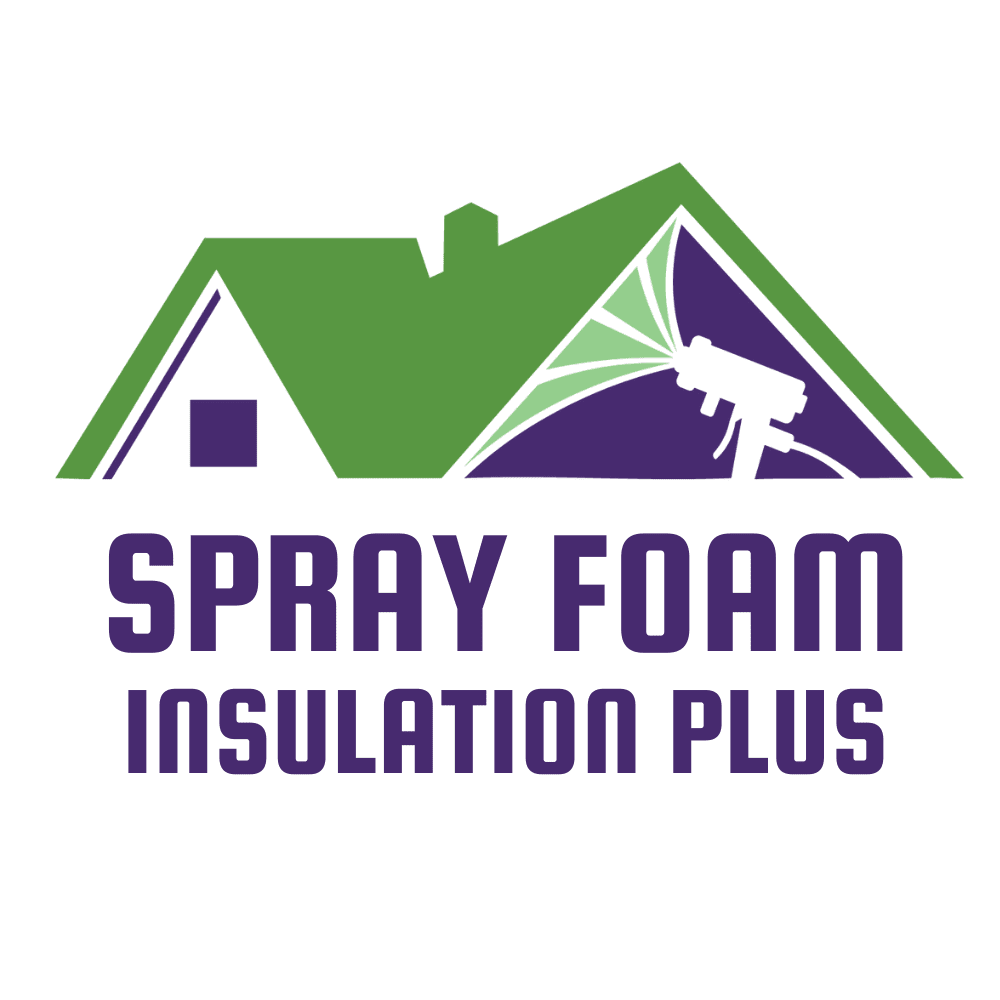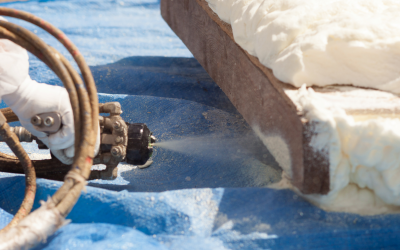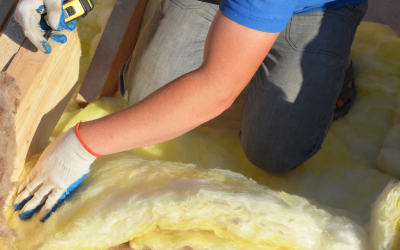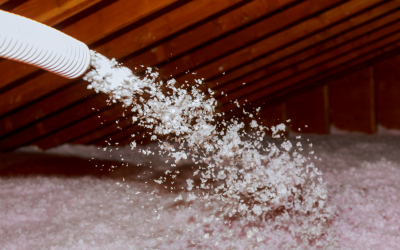Open-Cell Vs Closed-Cell: Which Is More Water-Resistant?
Last Updated on May 7, 2022 by Spray Foam Insulation Plus

Most homeowners are familiar with the term “water resistance,” but may not be aware of the difference between open-cell and closed-cell foam insulation. Both types of foam have their advantages and disadvantages, but which one is more water-resistant?
In this blog post, we will explore the differences between open-cell and closed-cell foam, and discuss which one is better suited for water resistance applications.
How Does Water Resistance Play Into This
When it comes to insulation, there are two main types: open-cell and closed-cell. Open-cell insulation is made up of loosely packed cells that are filled with air or gas, while closed-cell insulation is made up of cells that are tightly packed and usually filled with a material like a fiberglass or foam. One key difference between the two types is water resistance.
Closed-cell insulation is much more water-resistant than open-cell insulation, making it a good choice for areas that may be exposed to moisture. In addition, closed-cell insulation can also provide better support against wind and other weather conditions. As a result, closed-cell insulation is typically the better choice for most applications.
Which Type of Insulation is Better for Resisting Moisture Infiltration
One of the most important considerations when choosing insulation for a home is water resistance. Moisture infiltration can cause serious damage to a home, and it is important to select an insulation material that will resist moisture. Open-cell insulation is made from highly porous materials, and as a result, it absorbs water easily.
Closed-cell insulation, on the other hand, is made from material that is dense and impermeable. Because closed-cell insulation does not absorb water, it is better able to resist moisture infiltration. In addition, closed-cell insulation is also less likely to support the growth of mold and mildew. For these reasons, closed-cell insulation is the better choice for resisting moisture infiltration.
What are Some Factors You Should Consider When Choosing Insulation?
One of the most important considerations when choosing insulation for a home is water resistance. Moisture infiltration can cause serious damage to a home, and it is important to select an insulation material that will resist moisture. Open-cell insulation is made from highly porous materials, and as a result, it absorbs water easily.
Closed-cell insulation, on the other hand, is made from material that is dense and impermeable. Because closed-cell insulation does not absorb water, it is better able to resist moisture infiltration. In addition, closed-cell insulation is also less likely to support the growth of mold and mildew. For these reasons, closed-cell insulation is the better choice for resisting moisture infiltration.
How Much Can You Expect to Save With Each Type of Insulation?
When choosing insulation for a building project, it is important to consider the resistance of the material to moisture infiltration. Open-cell insulation is made up of small pockets of air that are not sealed off from each other, while closed-cell insulation is made up of smaller cells that are sealed off from each other. As a result, open-cell insulation is more permeable to water vapor and is not as effective at resisting moisture infiltration as closed-cell insulation. Closed-cell insulation is also less likely to settle over time, providing long-term resistance to moisture infiltration.
In the end, closed-cell foam insulation is a better choice for resisting moisture infiltration than open-cell foam insulation. There are several factors you should consider when choosing insulation, such as your climate, the type of construction, and the cost savings. By understanding the difference between open-cell and closed-cell foam insulation, you can make an informed decision that will save you money in the long run.
For more information about our spray foam insulation services, feel free to contact Spray Foam Insulation Plus, the best insulation contractors in Minneapolis MN, today.
Open-Cell Vs Closed-Cell: Which Is More Water-Resistant?
Open-Cell Vs Closed-Cell: Which Is More Water-Resistant?
Open-Cell Vs Closed-Cell: Which Is More Water-Resistant?

Tags
Preferred Contractors of:





